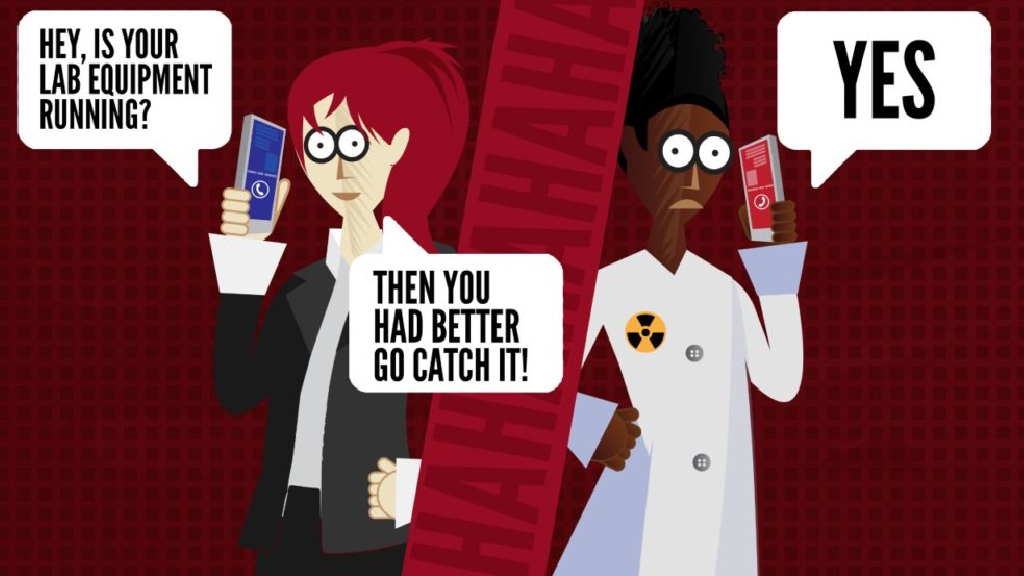In 1996, a physicist at New York University, Alan Sokol, wrote an article that was published in Social Text. It was entitled, “Transgressing the Boundaries: Towards a Transformative Hermeneutics of Quantum Gravity.” It sounds innocent enough, if rather obtuse. Except that the entire article was a joke.
Relativism in academia
According to Eric Kelderman of The Chronicle of Higher Education, Sokol said this prank “was meant to expose the sloppiness, absurd relativism, and intellectual arrogance of ‘certain precincts of the academic humanities.’” Sokol attempted to use verbosity and excessive moral relativism to show that there was not a proper gatekeeper keeping “nonsense,” (his word!) out of academe.
SOKOL III
Twenty-five years after, pranksters are at it again. In his article, “Another ‘Sokol Hoax?” Kelderman wrote: “The journal Higher Education Quarterly published a study last month purporting to show that donations from right-wing benefactors influence scholars to promote similarly conservative causes and candidates for jobs.” Once again, the article looked legitimate. However, “the authors are listed as “Sage Owens” and “Kal Avers-Lynde III” — initials that spell out SOKAL III.” Kelderman went on: “It didn’t take long for online sleuths to out it as a hoax.”
The dissenter
In a book about the incident, Beyond the Hoax, Alan Sokol discusses his controversial publication and, according to its description, “exposes many other examples of charlatanism, deflating the postmodernists of the left, the fundamentalists of the right, and the muddle-headed of all political and apolitical stripes.” That sounds like a mighty big order.
Citation farms
But it begs the question – does peer review work? Is the academic community catering only to itself and creating citation farms, like discussed in a previous Big Idea blog? The Washington Post recently revisited the Sokal Affair and wrote that it was “the hilarious hoax that should have taught the academy a lesson.” Kevin Carey in the New York Times finished an article about the incident by saying: “It’s not surprising that some academics have chosen to give one another permission to accumulate publication credits on their C.V.’s.” This is true, he suggests, even if gibberish or excessive jargon figures predominantly in the article.
The Big Idea
What part of this is “Publish or Perish” backlash? And what part is progressive versus conservative politics, thinly veiled? In all fairness, the offending recent article, entitled “Donor Money and the Academy: Perceptions of Undue Donor Pressure in Political Science, Economics, and Philosophy” has been retracted. The statement from Higher Education Quarterly reads: “The retraction is agreed because data in the article has been identified as fabricated and the authors have not disclosed their true identities.”



